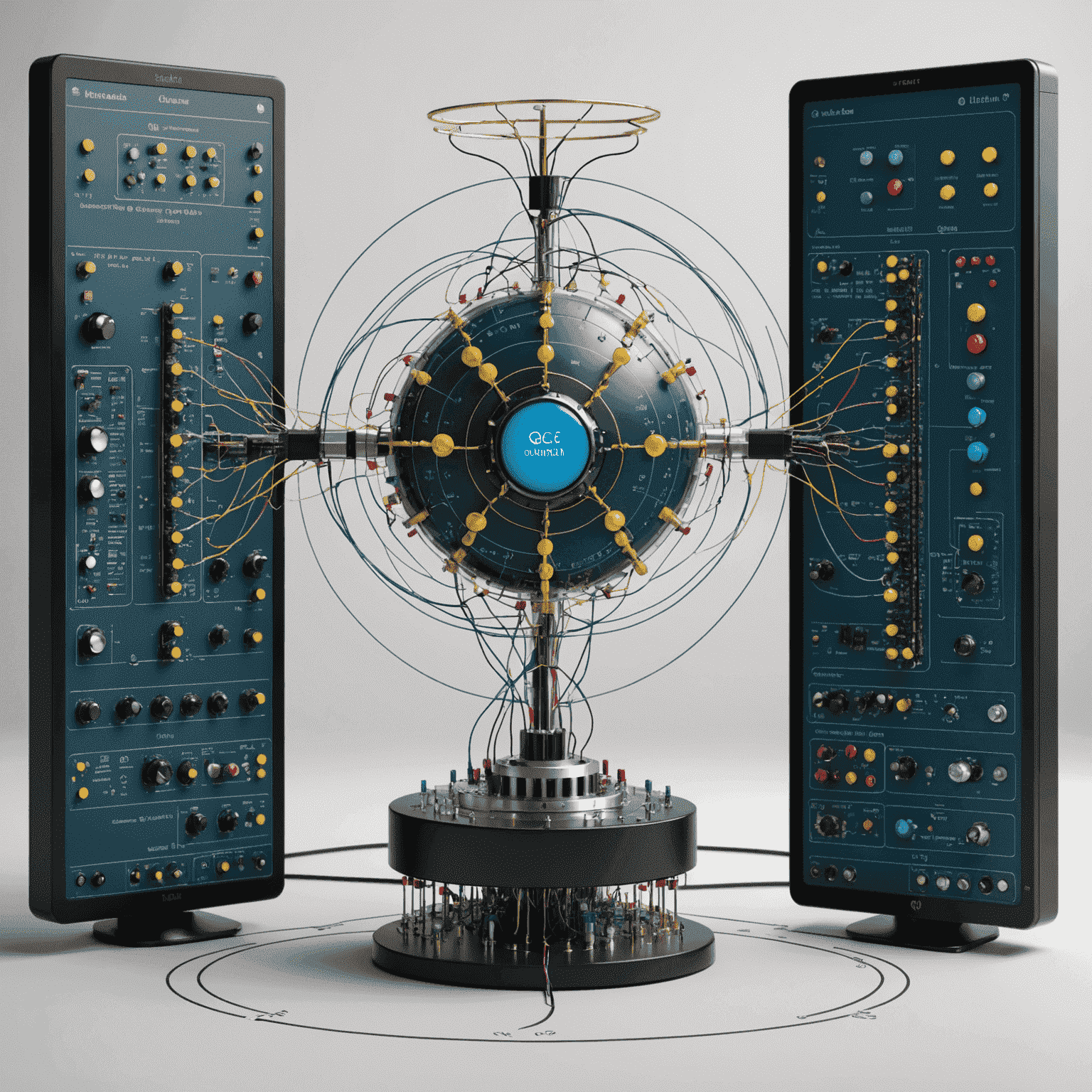Quantum Computing Simulators: A Comprehensive Review
Overview
As we delve into 2025, quantum computing continues to be at the forefront of technological advancement. For researchers and developers exploring quantum algorithms, simulators play a crucial role in testing and refining their work. This review provides a thorough analysis of the current landscape of quantum computing simulation software, focusing on their accuracy, usability, and relevance for professionals in the field.
Key Features
- Simulation Accuracy: We evaluate how closely each simulator mimics real quantum systems.
- Scalability: The ability to simulate increasing numbers of qubits is assessed.
- User Interface: We examine the ease of use and learning curve for each software.
- Algorithm Library: The range of pre-built quantum algorithms available is considered.
- Integration Capabilities: We look at how well these simulators integrate with classical computing environments.
- Performance: Speed and resource consumption are key factors in our evaluation.
Pros and Cons
Pros
- Advanced simulation capabilities allow for testing complex quantum algorithms.
- Some simulators offer cloud-based solutions, reducing hardware requirements.
- Improved user interfaces make quantum computing more accessible to a wider range of researchers.
- Regular updates keep pace with the rapidly evolving field of quantum computing.
Cons
- High-end simulators can be resource-intensive, requiring significant computational power.
- Learning curves can be steep for those new to quantum computing concepts.
- Some simulators struggle with accurately representing noise and decoherence in quantum systems.
- Limited standardization across platforms can make transitioning between simulators challenging.
Comparison with Alternatives
When compared to physical quantum computers, simulators offer greater accessibility and flexibility for algorithm development. However, they are limited in their ability to scale to large numbers of qubits. Classical supercomputers, while powerful, lack the inherent quantum properties necessary for true quantum algorithm testing. Cloud-based quantum services offer a middle ground, providing access to real quantum hardware, but often with queue times and usage limitations.
Final Thoughts
Quantum computing simulators remain an essential tool for researchers and developers in 2025. They provide a crucial platform for algorithm development and testing, bridging the gap between theoretical quantum computing and practical implementation. As the field continues to advance, we expect to see further improvements in simulation accuracy, user experience, and integration capabilities. For professionals looking to explore quantum algorithms without access to physical quantum hardware, these simulators offer an invaluable resource. However, it's important to recognize their limitations and understand that results may differ when transitioning to real quantum systems.
